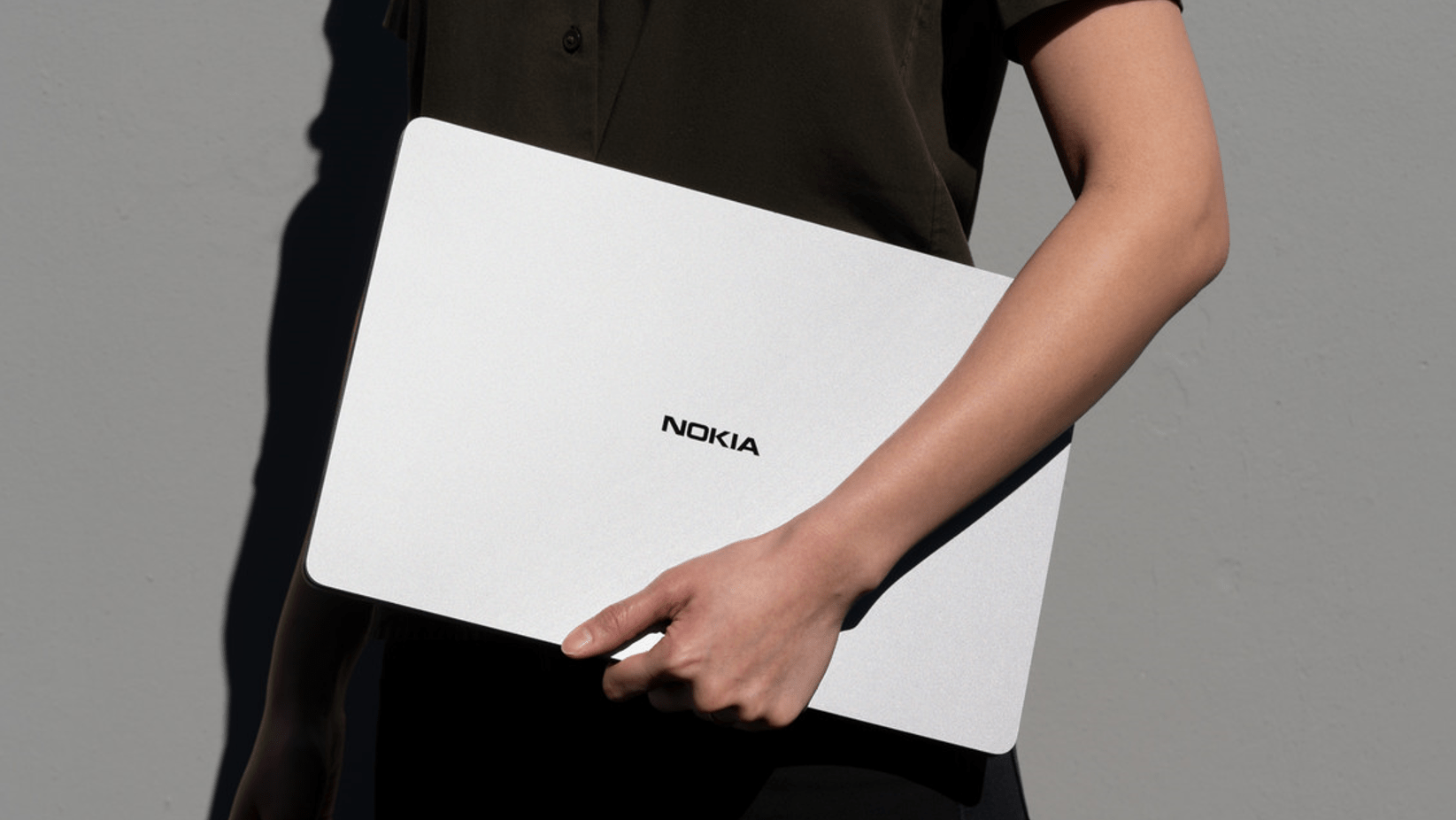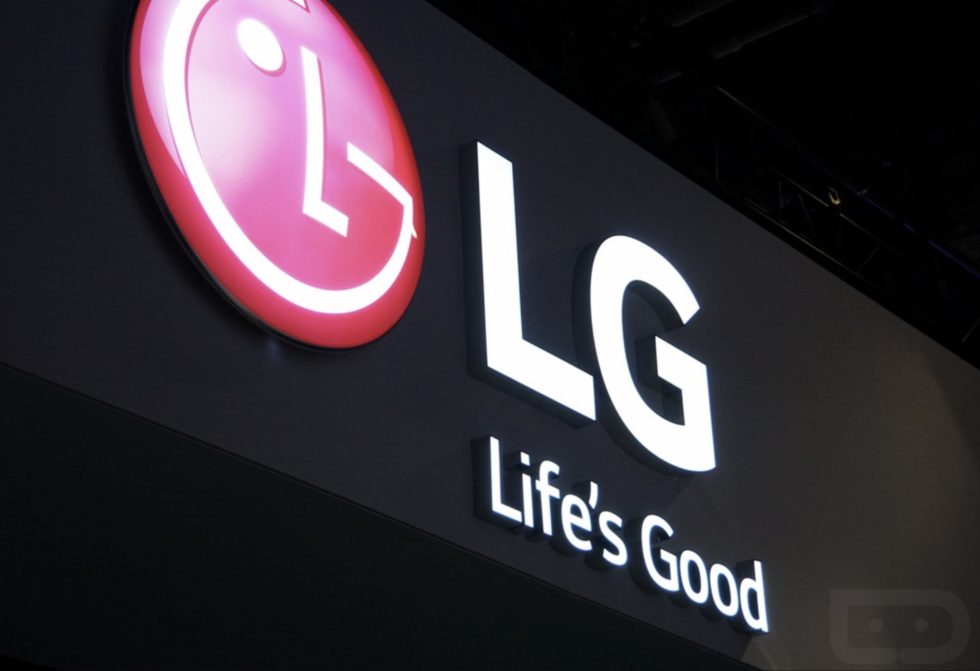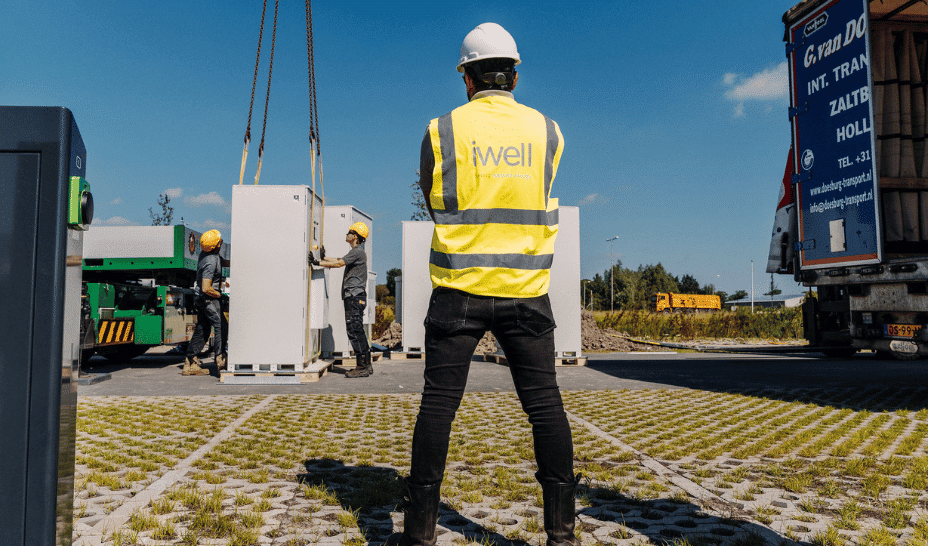Survey: Seattle residents increasingly concerned about cost of living — but less likely to leave
Seattle voters are feeling a distinct disconnect: deeply worried about the national economy and the potential for a recession triggered by President Trump’s policies, yet increasingly positive about the progress being made on persistent local challenges like homelessness, crime, and public safety. That’s a key takeaway from a mid-April poll of 700 Seattle voters released today. Conducted by the Seattle Metro Chamber and Fulcrum Strategic, the results reveal that while 9-in-10 respondents believe the nation is on the wrong track, residents are feeling better about the direction of their own city. But there are rising concerns about how much it… Read More


Seattle voters are feeling a distinct disconnect: deeply worried about the national economy and the potential for a recession triggered by President Trump’s policies, yet increasingly positive about the progress being made on persistent local challenges like homelessness, crime, and public safety.
That’s a key takeaway from a mid-April poll of 700 Seattle voters released today. Conducted by the Seattle Metro Chamber and Fulcrum Strategic, the results reveal that while 9-in-10 respondents believe the nation is on the wrong track, residents are feeling better about the direction of their own city.
But there are rising concerns about how much it costs to live in Seattle — an issue driven in part by the city’s tech boom.
Worries about affordability have nearly doubled since fall of the 2021, with 29% of respondents naming it as a top concern.
Other highlights from the survey:
- 73% agreed that businesses in Seattle are closing or leaving because the cost of operating is too high.
- 55% said taxes are too high for the services provided by the city, while 34% say they’re about right.
- 52% said city regulations and taxes do not really impact the cost of living, while 48% said they do.
The issue of raising taxes on businesses and wealthy residents has fueled heated debates in recent months as both Seattle and the state of Washington look to plug budget shortfalls.
- In the legislative session that wrapped up this past weekend, Washington state lawmakers passed a series of tax increases on businesses of various sizes and industries.
- In the fall, the Seattle City Council voted against a proposed 2% capital gains tax on high-value stock sales. The tax revenue would have funded food and housing programs for the city’s low- and middle-income residents.
Many tech and business groups warn that new taxes could weaken the economy and startup ecosystem.
Business leaders emphasize the need to build a resilient local economy to buffer against national economic uncertainty.
“Voters understand that there is a lot of chaos happening at the federal level, and that we need to do everything that we can here locally to insulate from that … particularly around economic activity,” said Rachel Smith, Chamber president and CEO, in a media briefing.
“They want to see us making sure that our economy is resilient, that we continue to have good jobs, and that we blunt — as much as possible — the impacts on their own personal financial situation from what’s happening at the federal level,” Smith added.

While concerns about affordability are rising, fears about homelessness, crime, drugs and public safety have declined, according to the survey.
- 66% are optimistic about the future of the region, but have mixed feelings about the prospects of downtown Seattle.
- 49% said that quality-of-life is worsening in Seattle, while 30% said it’s status quo and 21% said it’s improving.
- 48% said the best things about living in Seattle are the environment, nature and Puget Sound, while 19% pointed to community, neighborhoods and culture.
- Only 5% said the best things were the jobs, economy and lack of an income tax. Ranked just below that were the proximity of friends, family and/or the city as their hometown.
For years, the majority of Seattle voters have felt the city was going in the wrong direction. In this latest survey, they’re now evenly split between favorable and unfavorable opinions of where the metro is headed.
And people are less likely to move. The survey showed 52% have considered moving out of Seattle — down from 67% three years ago.
“What you’re going to hear again and again is voters are recognizing the progress made on public safety in a very real way,” said Andrew Thibault, partner at Fulcrum Strategic, who also participated in the briefing.
This is the Chamber’s eighth release of The Index, a poll measuring quality-of-life opinions of the city.


































































































































































![[The AI Show Episode 145]: OpenAI Releases o3 and o4-mini, AI Is Causing “Quiet Layoffs,” Executive Order on Youth AI Education & GPT-4o’s Controversial Update](https://www.marketingaiinstitute.com/hubfs/ep%20145%20cover.png)














































































































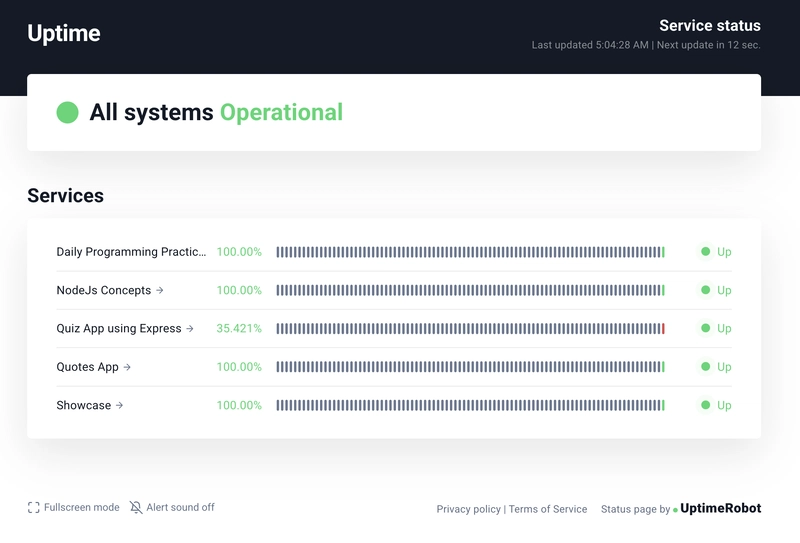
































































.jpg?#)













































































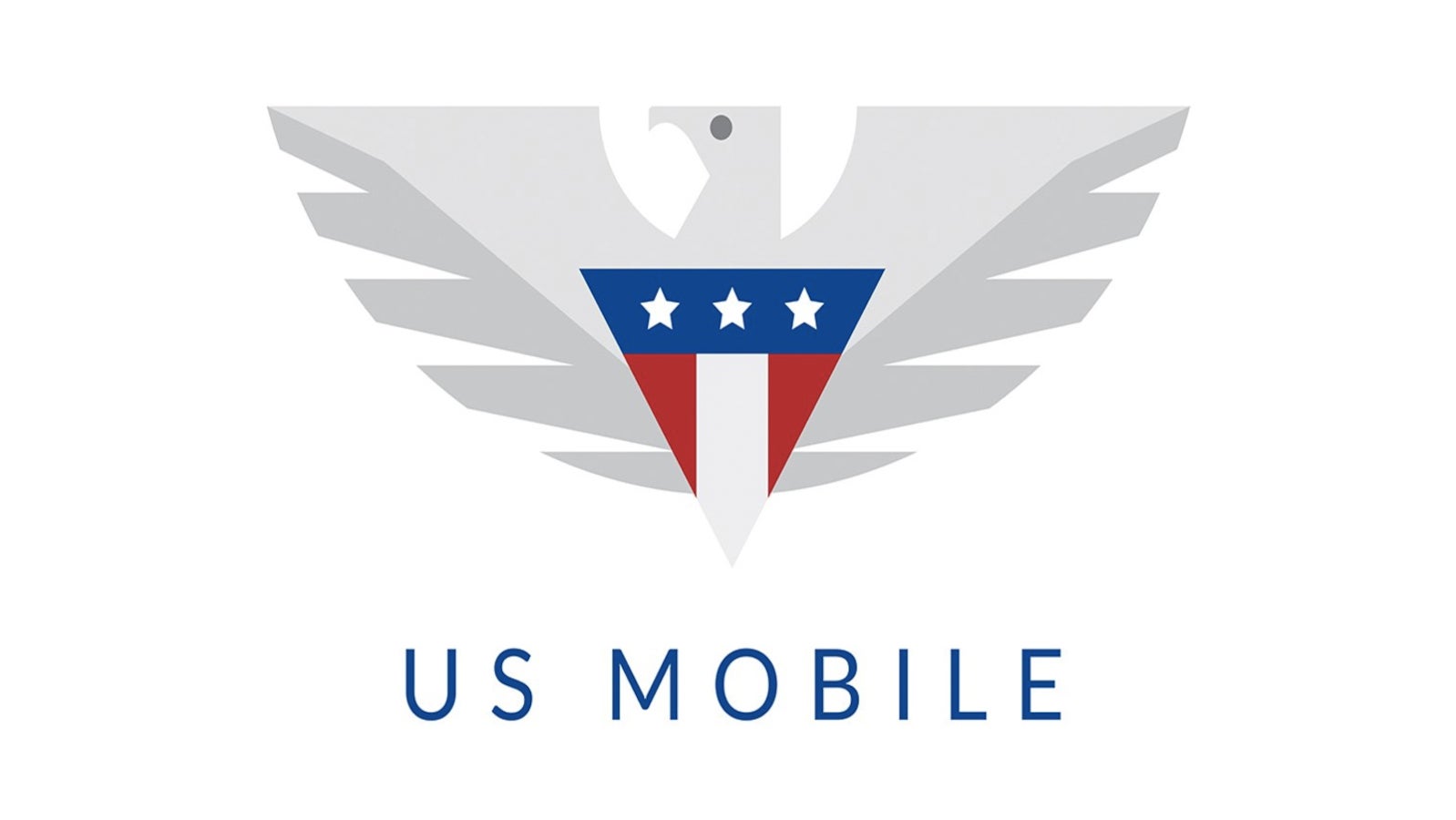











_NicoElNino_Alamy.jpg?width=1280&auto=webp&quality=80&disable=upscale#)






































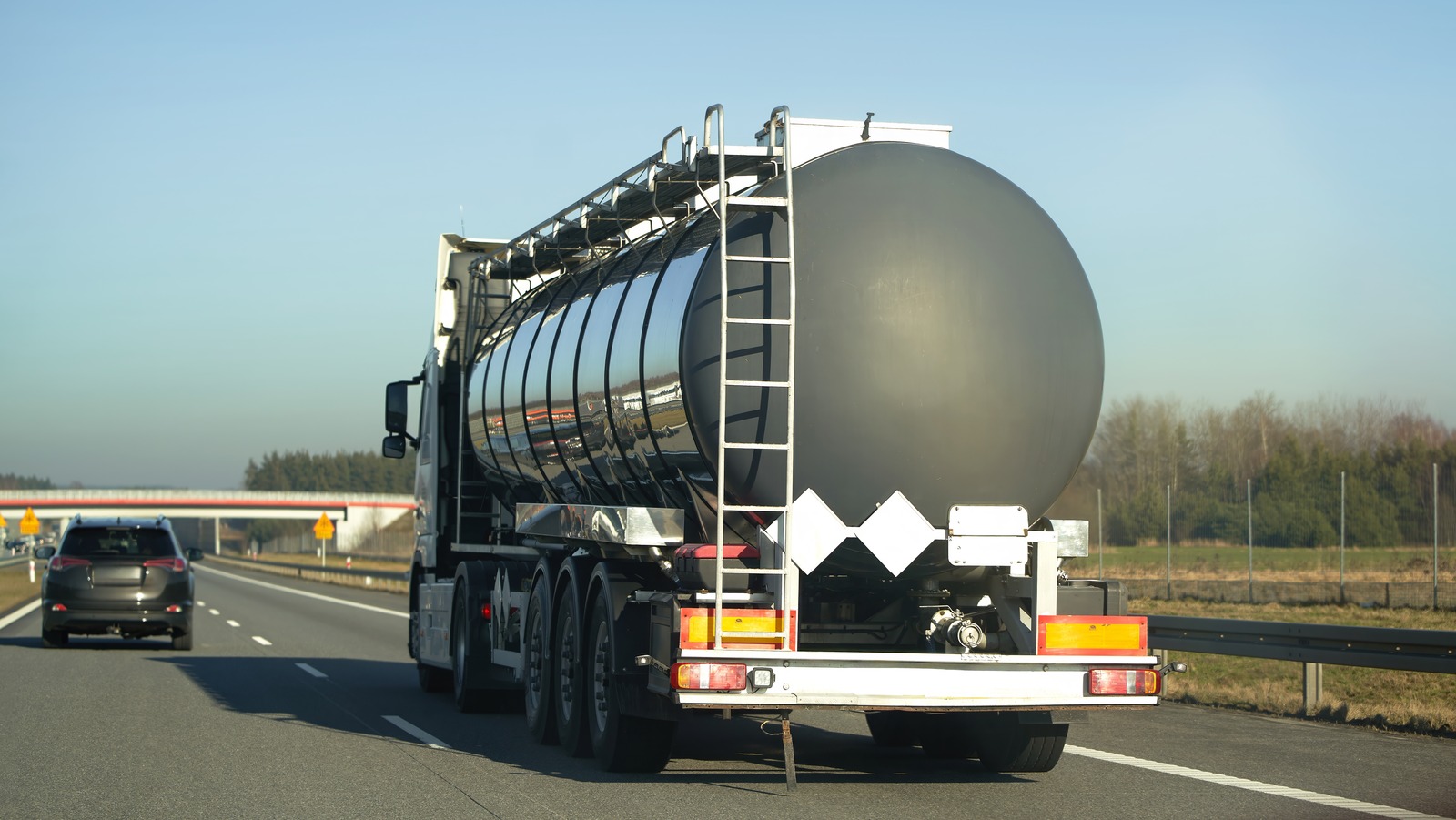





































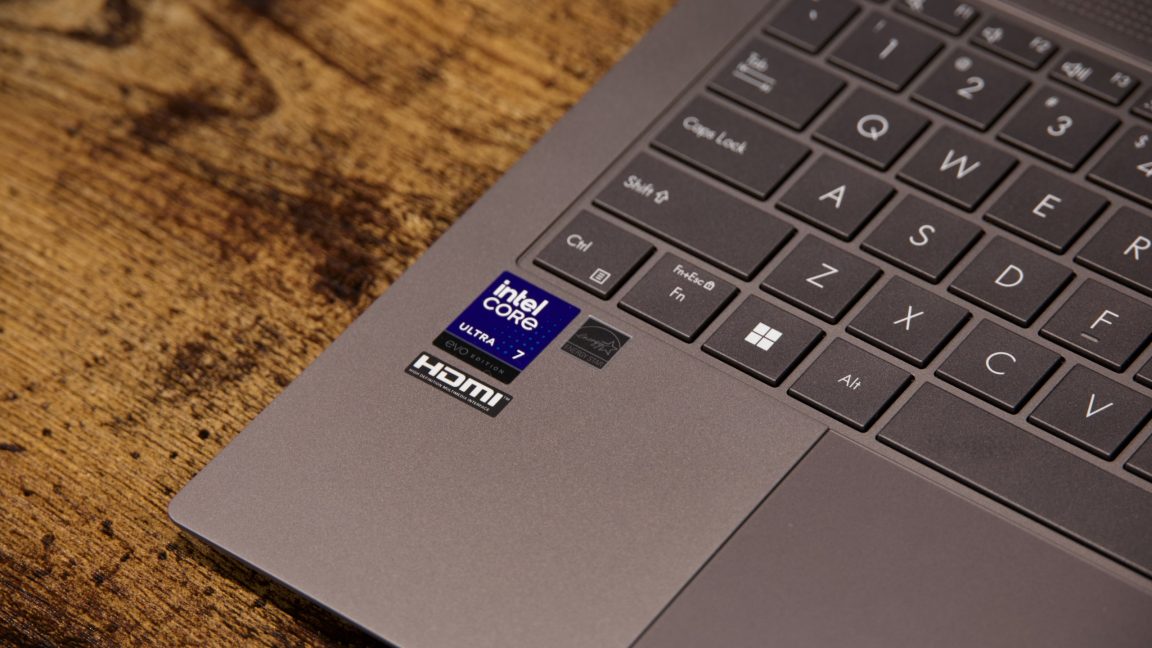


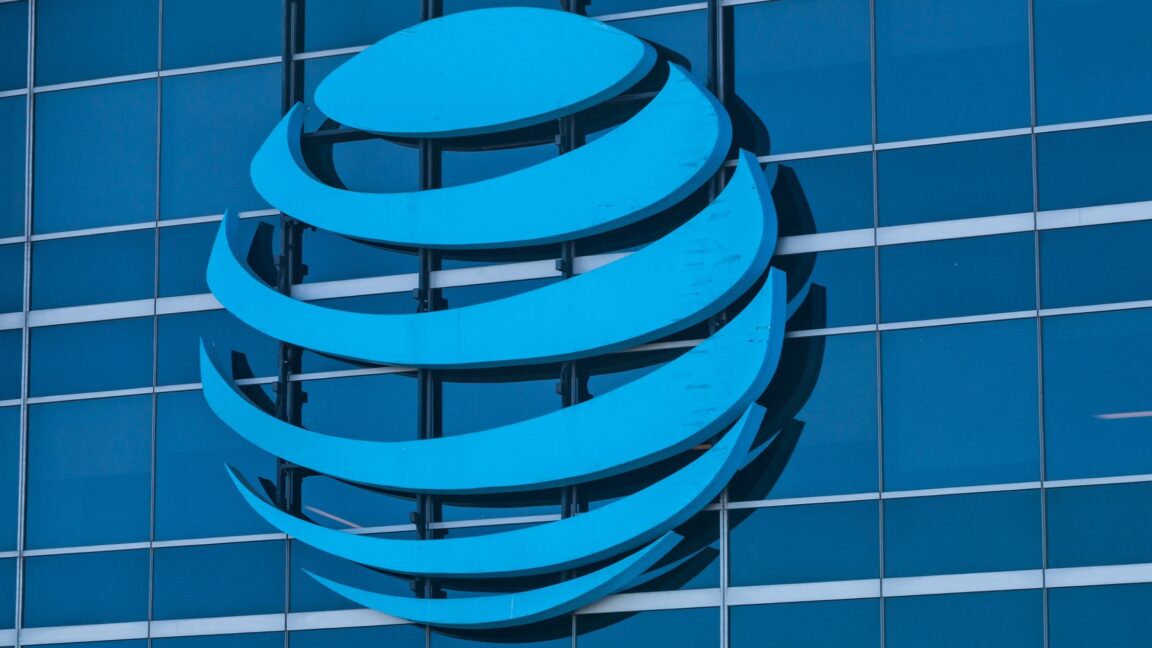


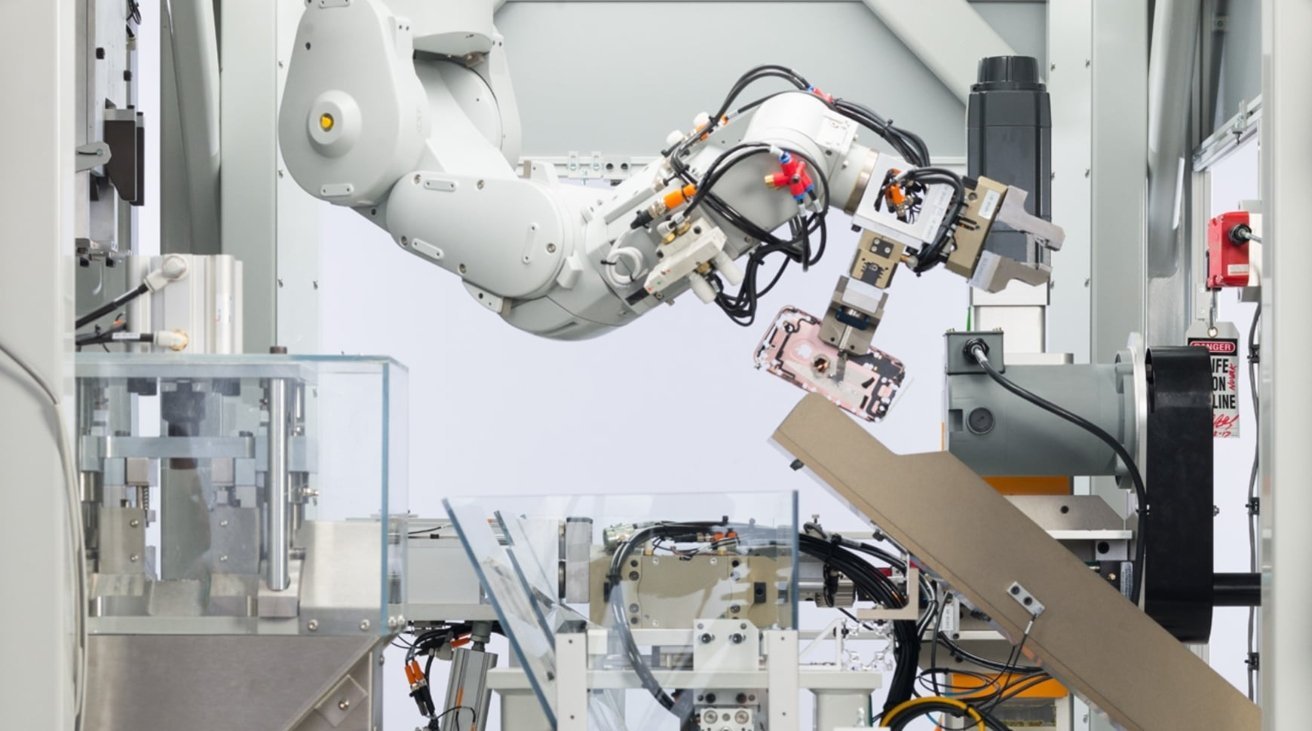
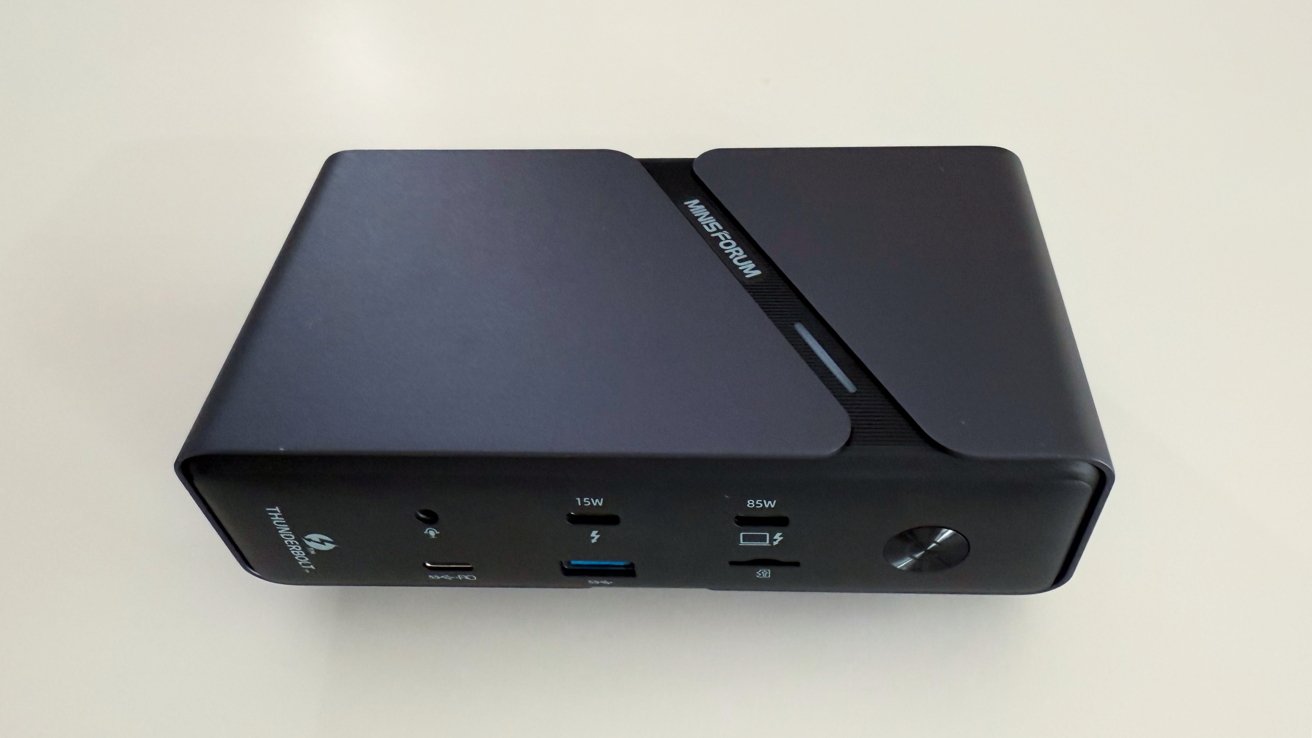



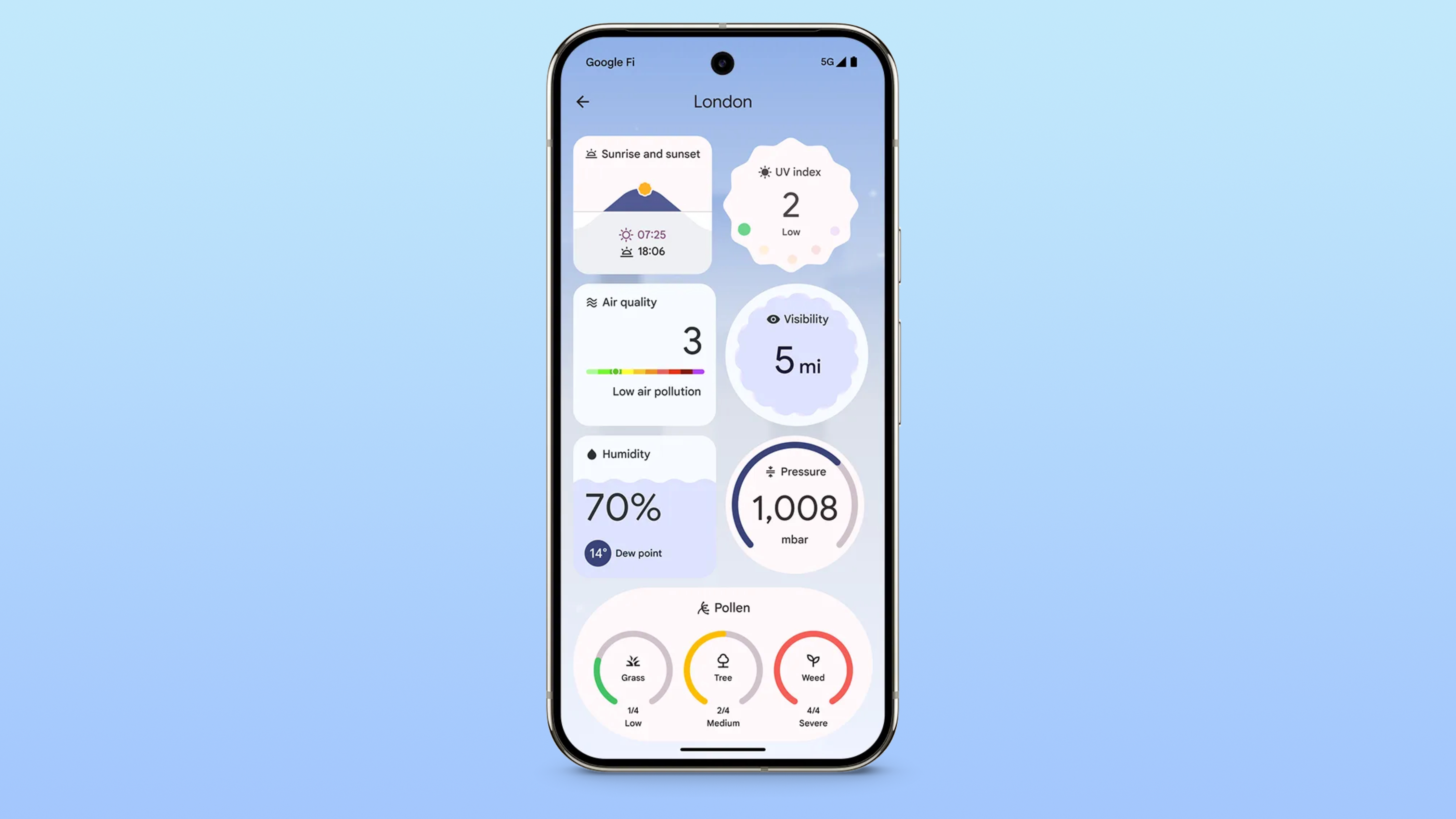
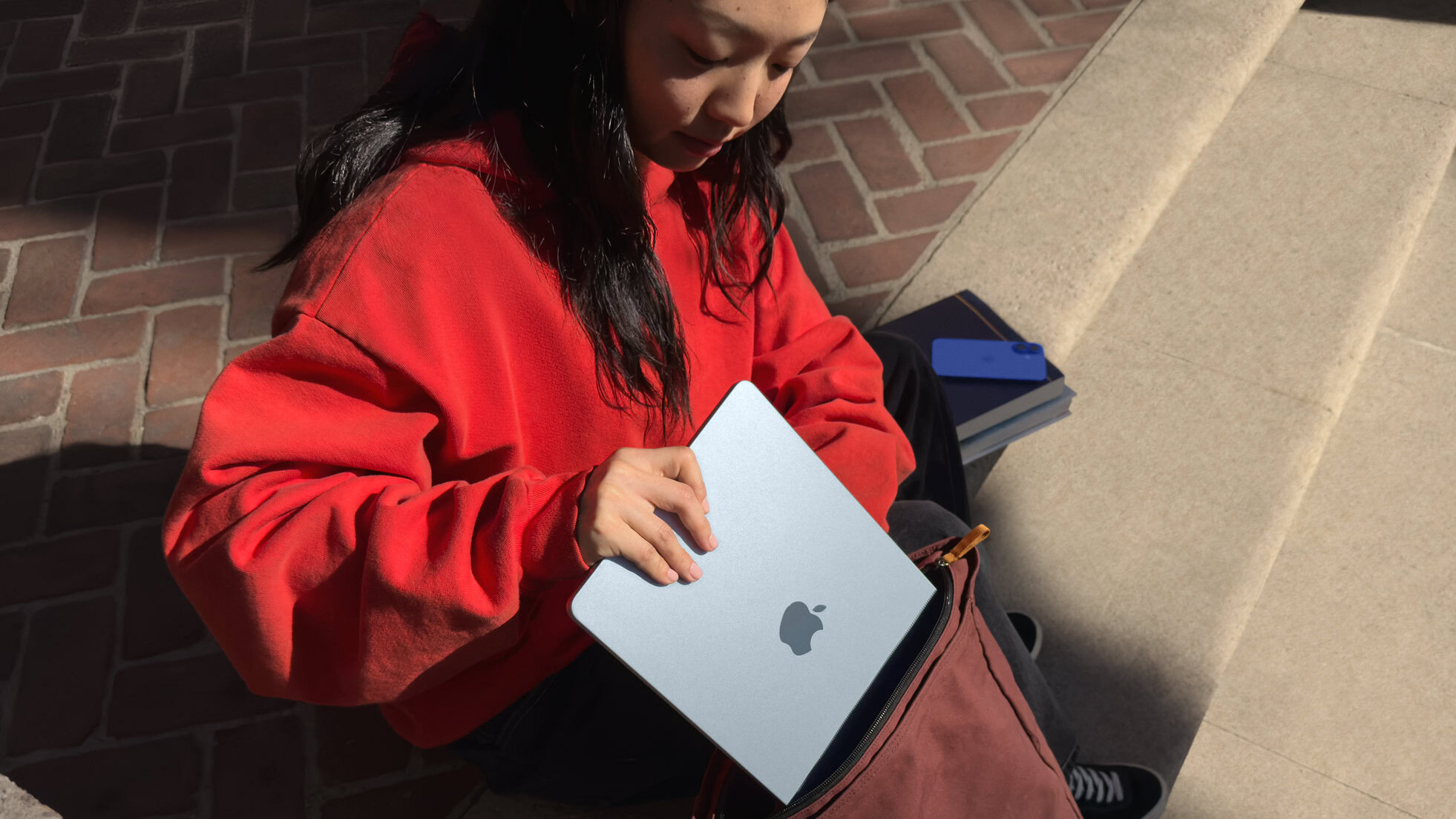

























![Standalone Meta AI App Released for iPhone [Download]](https://www.iclarified.com/images/news/97157/97157/97157-640.jpg)














